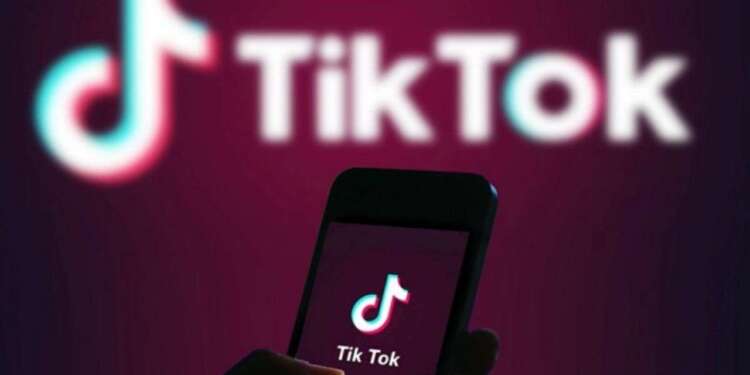Nepal has banned the popular short-video platform TikTok, citing “disruption to social harmony” and spread of “indecent materials”.
Nepal’s Foreign Minister, Narayan Prakash Saud, said the government has asked social media companies to register and establish a liaison office in the country. The state seeks to increase accountability among tech platforms by obliging them to pay taxes and follow local laws and regulations, according to Saud.
The decision arrives just days after Nepal implemented a new law mandating tech companies to open liaison offices in the country. It is, however, unclear whether TikTok refused to abide by the new rules or the ban is a result of the concerns cited by the government.
“The government has decided to ban TikTok as it was necessary to regulate the use of the social media platform that was disrupting social harmony, goodwill and flow of indecent materials,” the minister remarked. The platform was banned immediately after the decision was made in a Cabinet meeting on Monday.
There are reportedly 2.2 million TikTok users in the country. The ban has received a mixed response, with some government officials terming it a violation of the right to freedom of speech and expression.
Nepal has joined the list of countries that have banned TikTok over a variety of concerns, with a majority of them related to “national security”. In 2021, India became the first leading market to completely block TikTok, stating it was “prejudicial to sovereignty and integrity of India, defence of India, security of state and public order”.
At the time, India’s information ministry said that TikTok, along with WeChat and other Chinese apps, were “stealing and surreptitiously transmitting users’ data in an unauthorised manner”. India was reportedly TikTok’s most lucrative market, with an estimated 120 million users.
The regulatory scrutiny around TikTok mounted after the company confirmed last year that some of its staff based in China could access the European user data. In the US, alleged security concerns persisting from the app have prompted calls for a nationwide ban. A large number of US states have prohibited the use of TikTok on government devices, with Montana becoming the first state to ban TikTok on personal devices, too.
TikTok was also banned in March from official devices over cybersecurity worries by the European Union (EU). The popular app currently stands banned from government devices in various countries, including Canada, New Zealand, Australia, Denmark, and Taiwan. The primary concerns stem from TikTok’s Chinese origin, with regulators and state officials fearing the platform, which has over a billion users globally, could be forced by the Chinese government to hand over sensitive data from its foreign markets.
TikTok, which now has its headquarters in Singapore, has repeatedly rejected the reports of pressure from the Chinese government, saying it protects and values user data and will not engage in any unauthorised or forced transfers.
TikTok’s reassurances, however, have done little to appease the concerned lawmakers and regulators.




